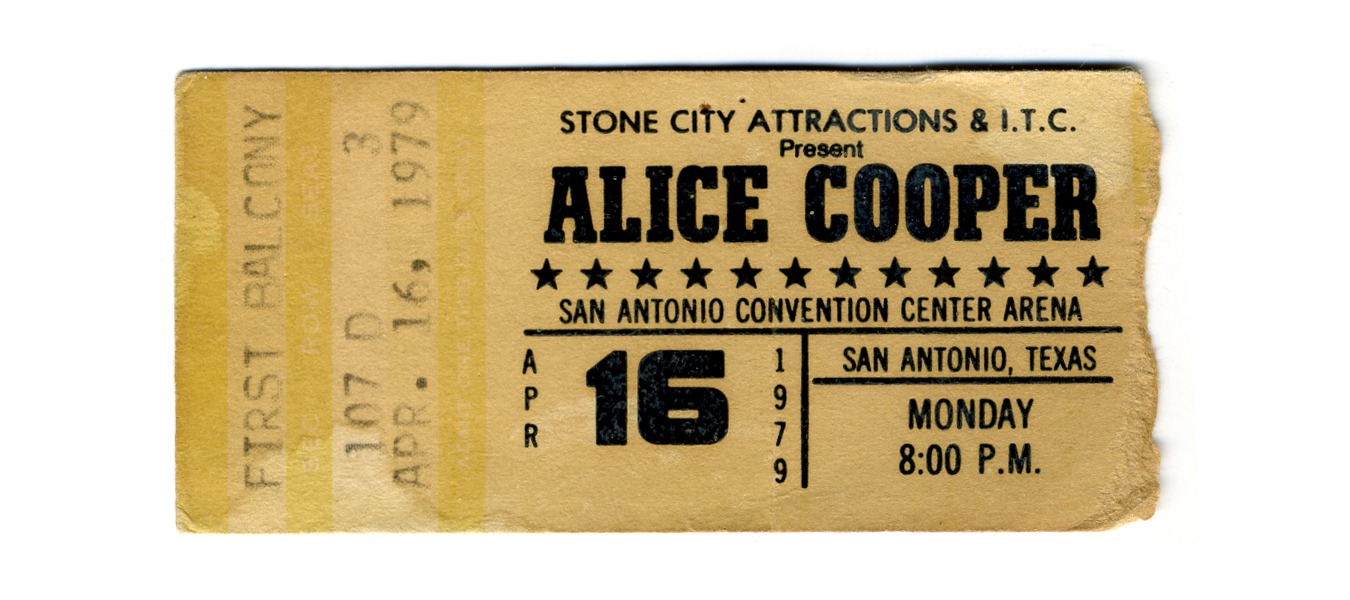Hidden fees reaching 44% of ticket prices just triggered the FTC’s biggest ticketing lawsuit in years. The Federal Trade Commission, backed by seven states, filed comprehensive charges against Ticketmaster and Live Nation Entertainment on September 18, alleging the companies deliberately enable the scalping they publicly claim to prevent. This legal assault represents the regulatory reckoning that fans have demanded since Taylor Swift’s Eras Tour meltdown exposed the rigged nature of concert ticket sales to millions of frustrated music lovers.
The Triple-Profit Machine
Internal evidence reveals “bait-and-switch” tactics and broker-friendly policies that maximize company revenue.
The FTC’s complaint reads like a masterclass in corporate cynicism. Ticketmaster advertises low prices, then jacks them up by 30% or more at checkout through mandatory fees. Internal communications show the company knowingly allows brokers to circumvent purchase limits and buy thousands of tickets per event.
The real profit scheme runs deeper. Ticketmaster profits three times: from initial sales, resales on their own platforms, and fees at every transaction. Since 2019, this scheme generated $16 billion in fees alone—money extracted directly from fans’ wallets.
Technology as Theater
Enforcement tools exist but remain deliberately underused to protect revenue streams.
Here’s where the story gets infuriating. Ticketmaster possesses TradeDesk software capable of identifying accounts that violate ticket limits, but company documents reveal a “turn a blind eye as a matter of policy” approach. The technology works—it just doesn’t get deployed against profitable violators.
This contradicts both the BOTS Act, which prohibits automated ticket purchasing, and Ticketmaster’s public promises of strict enforcement. Professional-quality enforcement apparently means professionally ignoring violations when they boost the bottom line.
Market Domination Meets Regulatory Reality
Ticketmaster’s 80% venue control faces dual legal challenges threatening industry transformation.
Controlling ticketing for roughly 80% of major U.S. venues gives Ticketmaster enormous power over live music access—power the FTC argues gets routinely abused. This lawsuit arrives alongside an ongoing Department of Justice antitrust case seeking to break up the Ticketmaster-Live Nation empire entirely.
Live Nation’s stock dropped immediately after the FTC announcement, suggesting investors understand the serious threat these coordinated legal challenges represent. Artists watching their fans get priced out of shows are quietly cheering regulatory intervention that could restore some sanity to concert ticket sales. Neither company has responded to media requests for comment following the lawsuit filing.


























